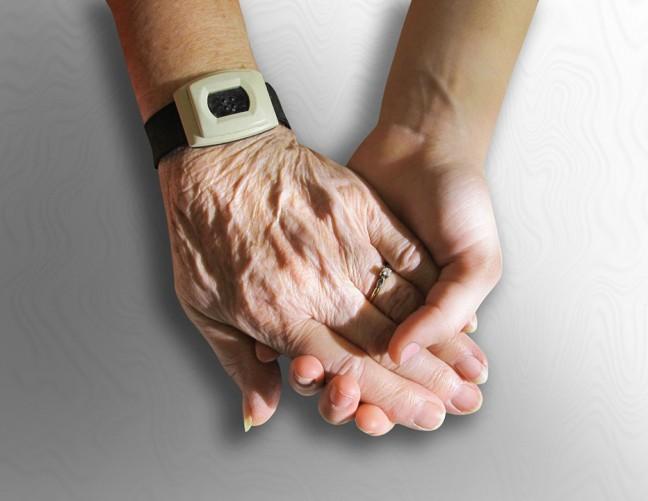Wisconsin Department of Health Services’ proposal for a new long-term health care model would reportedly save the state $300 million, but some say it is too vague to have a real impact.
According to the proposal, the Family Care model looks to focus on the needs of members seeking long-term care, who are mostly the elderly. DHS spokesperson Jennifer Miller said the new model will give members more room to choose their own doctors and health care providers.
Miller said members will also have more authority over the kinds of services they receive. They can choose them based on their budget, which will become more flexible to meet their needs, she said. The current model restricts them from doing so.
The Family Care model also looks to make long-term care services more accessible across the state. Miller said this is a first in Wisconsin’s history. It will also eliminate waiting lists for people seeking long-term care. Currently, 1,400 people are on the wait list to enter long-term programs.
“The new model will remove the waiting lists and ensure every Wisconsin citizen who needs them and is eligible has access to these critical services,” Miller said.
But Rep. Melissa Sargent, D-Madison, said the DHS proposal is too vague. She said both Democrats and Republicans are concerned that it lacks details on how it will achieve its goals and help increase the quality of life for long-term care seekers.
Sargent said there is no proof indicating that a proposal like this is necessary or why it is even being implemented.
“There is a real lack of details,” Sargent said. “[The DHS proposal] doesn’t outline how we’re going to take care of the roughly 60,000 Wisconsinites that are our most vulnerable citizens.”
Miller said the Family Care model could save Wisconsin $300 million in funds over the next six years toward long-term care programs. She said this was much less costlier than the old program. The new model also looks to save taxpayers $1,000 at the end of six years of paying for a family member who needs long-term care.
R.J. Pirlot, Alliance of Health Insurers executive director, said in a statement the Family Care model proposal is detailed and balanced. Pirlot said it would ensure that people seeking long-term care are satisfied. The new model would also help save and manage Wisconsin’s Medicaid funds.
“Once implemented, these reasonable reforms will help Wisconsin more efficiently manage its Medicaid dollars, provide individual choice and will help participants live happy, healthier, independent lives,” Pirlot said.
Miller said the new model also looks to penalize health care providers for poor and low quality service. Currently, DHS pays such providers and the new model will change it to “pay-for-performance,” so that providers are paid based on how well they provide care.
But Sargent said there is not enough information or proof outlining how exactly the model will save taxpayer and state money. She said a similar model implemented in 2013 privatized non-medical emergency transportation but caused a “complete mess and fiasco.”
“This is a privatization of human services and of the most vulnerable members of society,” Sargent said. “A lot of work needs to go into this and there’s a healthy amount of concern.”
The proposal has been given to the Joint Committee on Finance, which will it review it in its meeting in May.





















